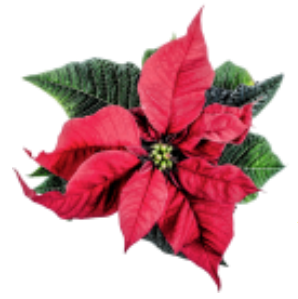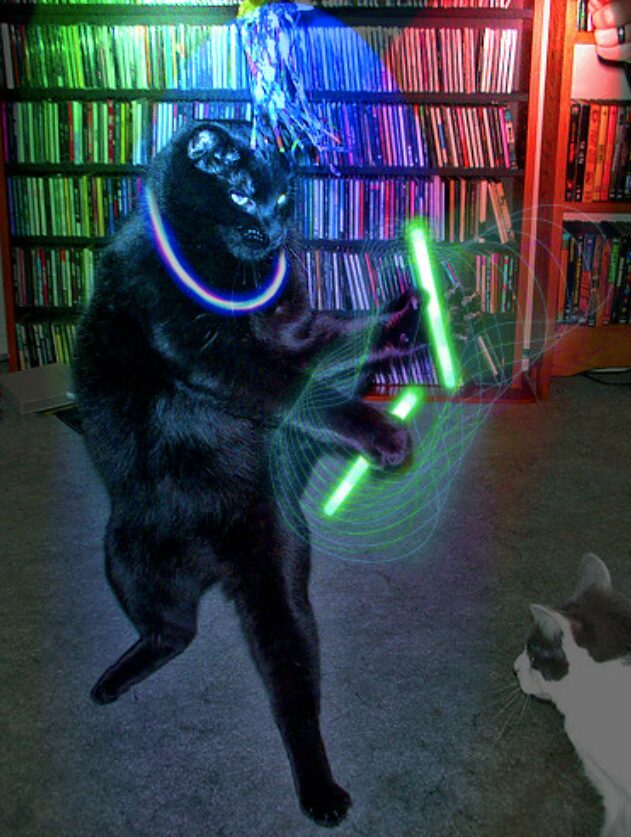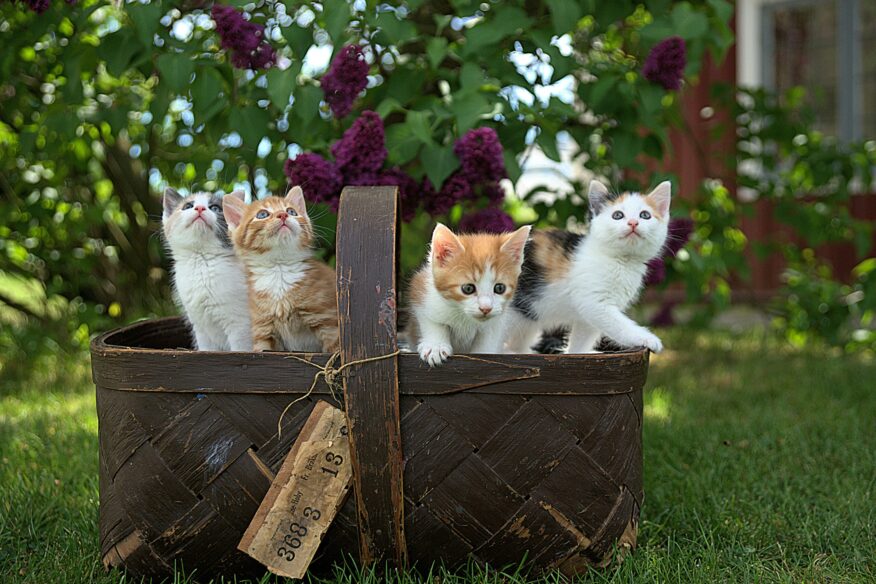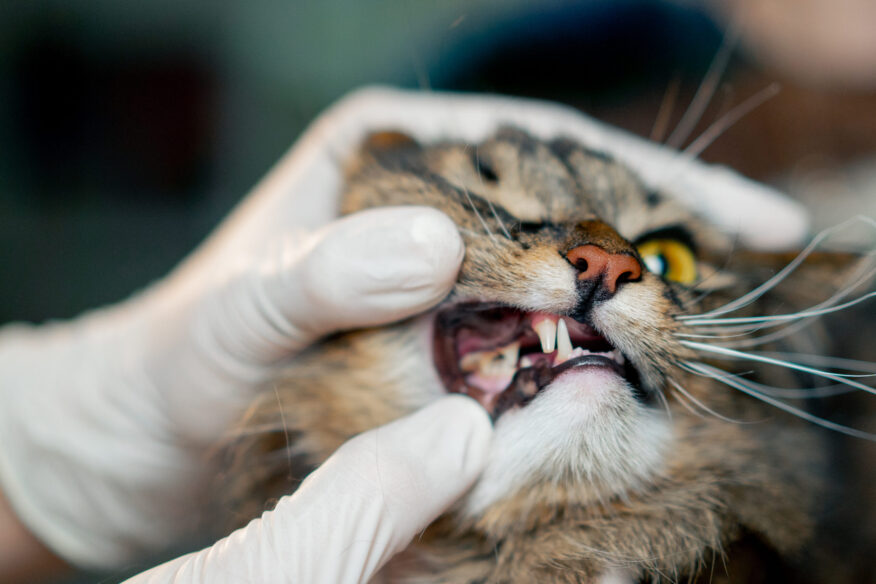Useful Tips for the New Year!
Lilies
Members of the Lilium and Hemerocallis genera (Easter lilies, tiger lilies, day lilies, etc.) cause acute kidney failure in cats. Even biting a leaf or licking pollen off their coat can cause poisoning. However, not all plants with “lily” in the name are members of Liliaceae: peace lily, Peruvian lily, calla lily, and lily of the valley are all toxic, but don’t affect the kidneys.
Water lilies and cannas are non-toxic.
Affected cats often vomit within a few hours after exposure. Within 24 to 72 hours of ingestion, renal failure develops, accompanied by vomiting, depression, loss of appetite and dehydration. When initiated within 18 hours of ingestion, decontamination and fluid therapy in hospital for 48 hours have been effective in preventing lily-induced acute renal failure. On the other hand, delaying treatment beyond 18 hours frequently results in death or euthanasia.


Alcohol
Cats are attracted to mixed drinks that contain milk, cream or ice cream (e.g. White Russian, spiked eggnog, Brandy Alexander). Due to their small size, cats are more sensitive to ethanol than humans. Signs of poisoning can develop within 30-60 minutes. Alcohol intoxication commonly causes vomiting, loss of coordination and disorientation. In severe cases, coma, seizures and death may occur. Ethanol numbs the receptors in the back of the throat that tell your epiglottis to close when you vomit. Very often these patients “aspirate” (breath in vomit which causes terrible pneumonia and can be fatal). Cats who are drunk should be monitored by a veterinarian until they recover.
Christmas decorations
Tinsel is fun, but if swallowed can cause awful problems, such as cutting through the intestines, that require surgery (not only life-threatening but expensive!). Cotton threads with or without needles are also a swallowing hazard.

Silica Gel Packs
Although they say “Do Not Eat” they aren’t really poisonous. Be aware that swallowing them whole could cause an obstruction, and chewing the granules can cause diarrhea.

Poinsettias
The toxicity of poinsettias is generally overrated. Cats would have to eat large amounts to cause symptoms. Most will vomit a little and then be fine.
Christmas tree preservative
Christmas tree preservatives primarily contain dextrose and NPK fertilizers. Most cats that drink this water develop no signs. Occasionally we can see mild upset tummy signs.
Liquid Potpourri
Liquid potpourri is commonly used during the holiday season. These are often corrosive and can cause mouth ulcers. Other signs of poisoning include seizures, collapse, breathing difficulties. Treatment of local exposure includes dilution with milk or water and pain relief, fluids and other medications from the vet.
Glow-in-the-Dark Sticks and Jewelry
Glo-sticks and glow-in-the-dark jewelry have an oily liquid inside that is of low toxicity, so serious problems are
unlikely. It tastes pretty horrible so they quickly regret chewing on this stuff! Cats may immediately display profuse salivation and foaming, with occasional retching and/or vomiting. Behavioral effects can be hyperactivity, aggression, head shaking, hiding, and agitation. In all cases, signs are generally self-limiting and should resolve once the cat gets the taste of the product out of their mouth. Manage exposure by diluting the taste using milk or highly palatable food (e.g. canned tuna). Any chemical that has gotten on skin or fur should be bathed or wiped off to prevent re-exposure when the animal grooms themselves; taking the pet into a darkened room will aid in identifying the luminescent chemical on the skin or coat.
Thanks to Tina Wismer DVM, DABVT, DABT on the “Veterinary Information Network”





